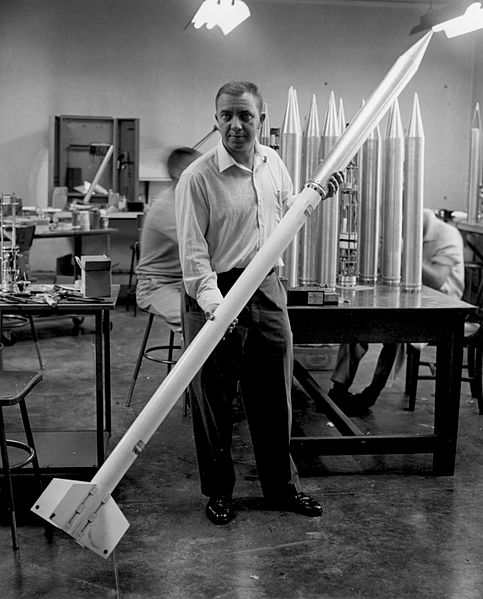Life on Earth
Planet Earth was formed around 4.5 billion years ago. The first signs of life began about 3.6 billion years ago, in the ocean. The water in the ocean protected organisms living there from the dangerous rays of the sun.
Life on Earth has taken billions of years to evolve. Life is characterised as anything which has the following traits:
Climate Change
The Earth's climate is always changing. It shifts through a regular cycle of temperatures. These cycles last around 100,000 years. They move the Earth through warm periods, then cold ones. This is known as climate oscillation.
A big effect of climate change is the rise in global temperature. Humans have released greenhouse gases into the atmosphere (read more about the Greenhouse effect below). As greenhouse gases rise, so do the average temperatures on Earth. Not all areas on Earth will experience climate change in the same way.
Some areas will become much warmer. Others will become colder. Higher temperatures cause glaciers to melt. When they melt, more freshwater ends up in the ocean. This contributes to sea-level rise and changes crucial processes in the ocean.
Life on Earth
How are living things connected? What do they need to survive? Can we find clues in the Solar System that help us find out why there is life on Earth?
James Van Allen

scientific instrument package (Rockoon).
Credit: NASA
Occupation: Space Scientist
Year born: 1914
